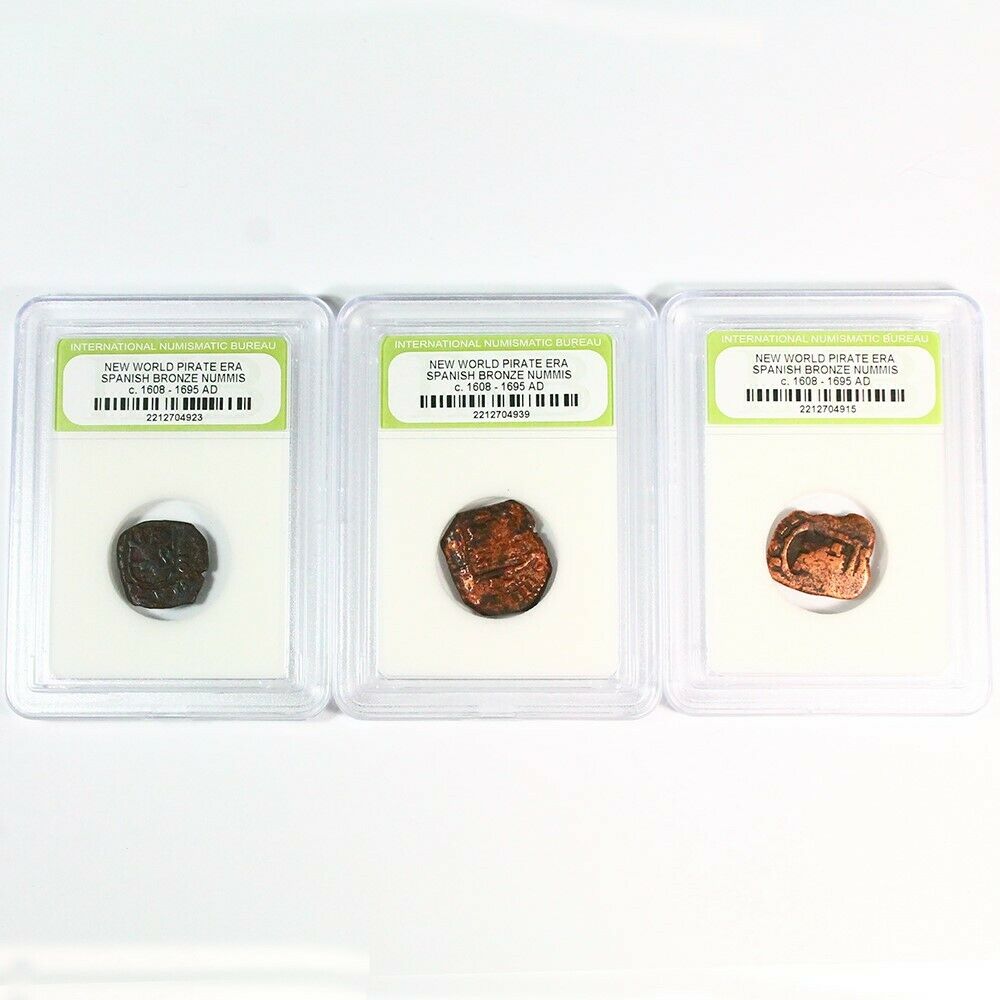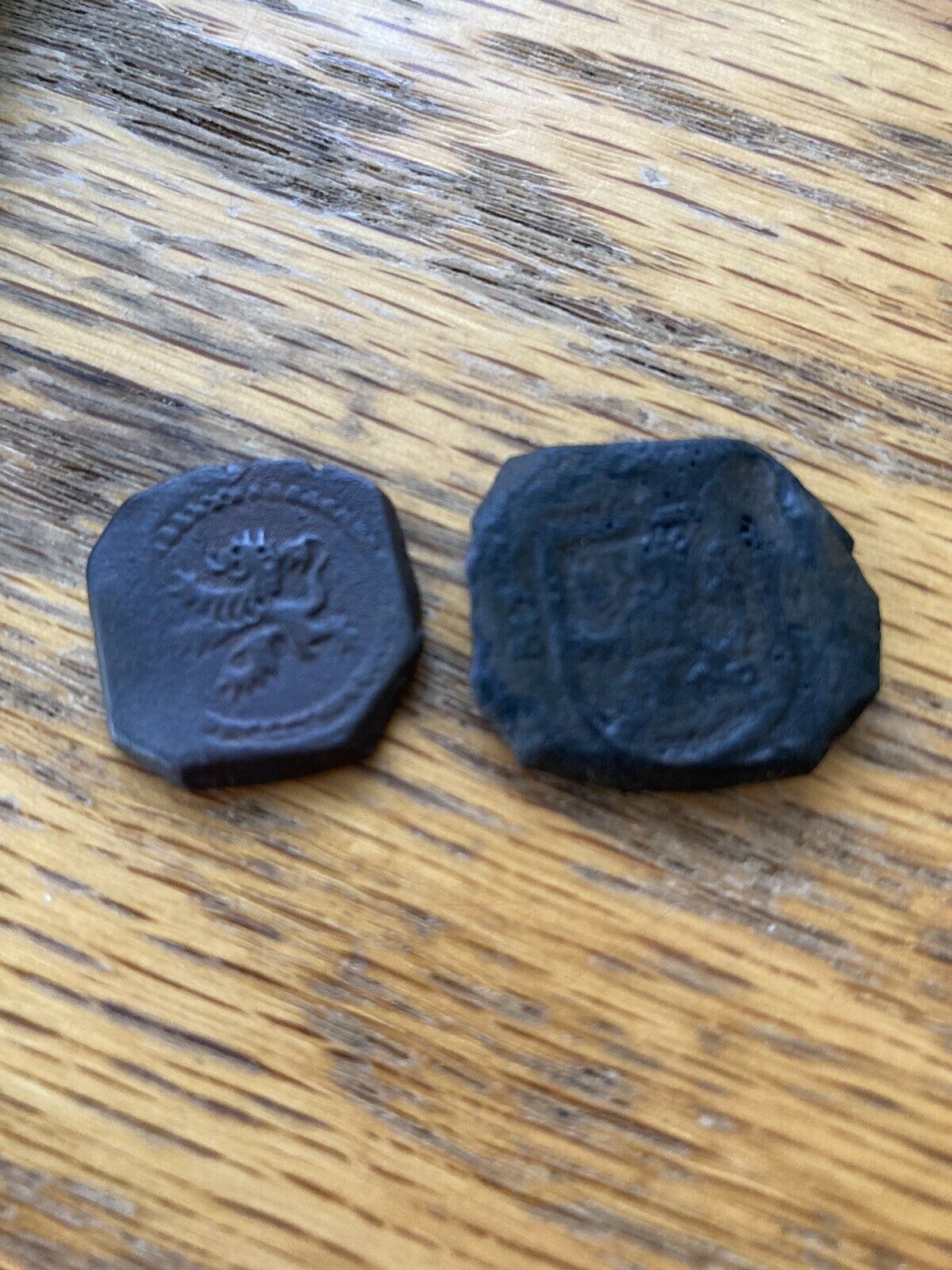-40%
1880, Kingdom of Spain, Alfonso XIII. Gold 25 Pesetas Coin. (8.06gm!) PCGS MS62!
$ 445.69
- Description
- Size Guide
Description
CoinWorldTV1880, Kingdom of Spain, Alfonso XIII. Gold 25 Pesetas Coin. (8.06gm!) PCGS MS62!
Mint Year: 1880
Mint Place: Madrid (M)
Denomination: Gold 25 Pesetas
Reference: 1880-MSM, KM-673.
Condition:
Certified and graded by PCGS as MS-62!
Material: Gold (.900)
Diameter: 21mm
Weight: 8.06gm
Obverse:
Bust of Alfonso XIII of Spain right.
Legend: POR LA G DE DIOS * 1880 *
Reverse:
Crowned Spanish coat-of-arms above value (25 PESETAS).
Legend: REY CONSTL. DE SPANA (M.S.) 25 PESETAS (M)
Authenticity unconditionally guaranteed
.
Bid with confidence!
Alfonso XIII
(
Alfonso León Fernando María Jaime Isidro Pascual Antonio de Borbón y Austria-Lorena
; anglicised: Alphonse Leon Ferdinand Mary James Isidor Pascal Anthony of Bourbon and Austria-Lorraine) (Madrid,
17 May 1886
– Rome,
28 February 1941
), King of Spain, posthumous son of Alfonso XII of Spain, was proclaimed King at his birth. He reigned from 1886-1931. His mother, Queen Maria Christina, was appointed regent during his minority. In 1902, on attaining his 16th year, the King assumed control of the state.
Although Alfonso's reign would not end well, it began well. The French newspaper
Figaro
described the young king as "the happiest and best loved of all the rulers of the earth."
When he came of age in 1902, the week of his attainng his majority was marked by a week of festivities, bullfights, balls and receptions throughout Spain.
During his reign Spain lost its last colonies in the Americas (Cuba and Puerto Rico) and the Philippines; fought and, after several setbacks, won a war in Morocco; witnessed the start of the Spanish Generation of 1927, and endured the dictatorship of Miguel Primo de Rivera, which ultimately cost him the throne.
During the First World War, because of his family connections with both sides and the division of popular opinion, Spain remained neutral. The king ran an office for captives from the Palacio de Oriente, that leveraged the Spanish diplomatic and military network abroad to intercede for thousands of prisoners of war, receiving and answering letters from all Europe.
He was a promoter of tourism in Spain. The problems with the lodging of his wedding guests prompted the construction of the luxury Hotel Palace in Madrid. He also supported the creation of a network of state-run lodges (Parador) in historic buildings of Spain. His fondness for the sport of football led to the patronage of several "royal" football clubs like Real Sociedad, Real Madrid, Real Betis and Real Unión.
When the Second Spanish Republic was proclaimed on
14 April 1931
, he fled and left Spain, but did not abdicate the throne. He settled eventually in Rome where he lived in the Grand Hotel.
Once the Spanish Civil War broke out, Alfonso made it clear he favoured the military uprising against the Popular Front government, but General Francisco Franco in September 1936 declared that the Nationalists would never accept Alfonso as king (the supporters of the rival Carlist pretender made up an important part of the Franco army). First he went into exile in France. Nevertheless, he sent his son Juan de Borbon, Count of Barcelona to enter Spain in 1936 and participate in the uprising. However, near the French border, General Mola had him arrested and expelled from the country.
On
15 January 1941
, Alfonso XIII abdicated his rights to the Spanish throne in favour of his third (of four), but second surviving, son Juan, father of the current king Juan Carlos. He died in Rome a month-and-a-half later.
The Spanish government ordered three days of national mourning. His funeral was held in Rome in the Church of Santa Maria degli Angeli. He was buried in the Church of Santa Maria in Monserrato, the Spanish national church in Rome, immediately below the tombs of Pope Calixtus III and Pope Alexander VI. In January 1980 his remains were transferred to El Escorial in Spain.
Only 1$ shipping on each additional item purchased!











